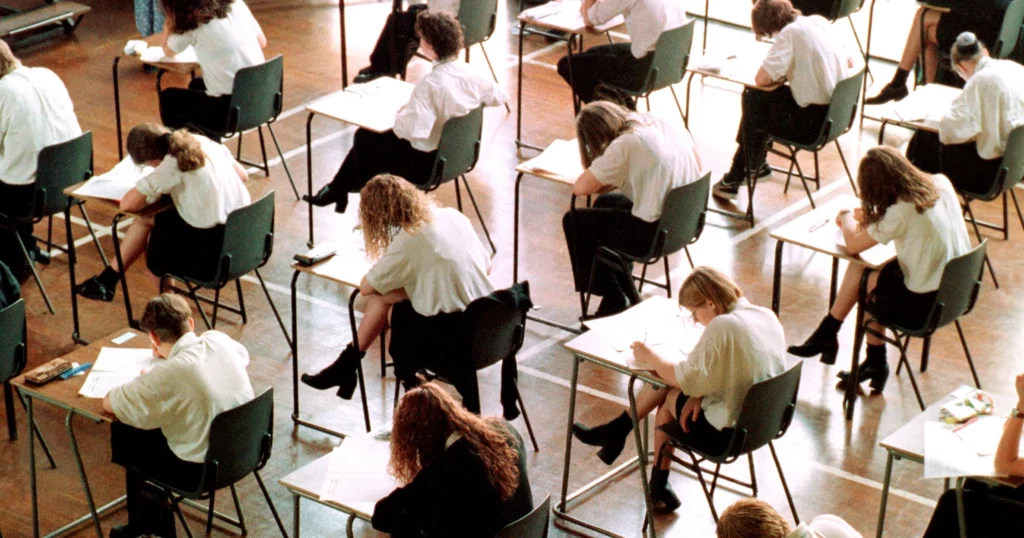Student Loans to be Scrapped for Some Students
New Plans to scrap student loans for those who failed their Maths and/or English GCSEs
Students who do not pass their maths and English GCSEs the first time round or do not get 2 A-Levels at Grade E could be prevented from taking out University Students Loans under new proposals being considered by the Government. There will also be a consultation on plans to limit the number of university places available in England.
The number of applicants to UK universities has increased recently; the latest data shows that 320,000 candidates applied this year, compared with 306,000 in 2021. The number of pupils from disadvantaged backgrounds applying has also increased; just last autumn, 28% of 18-year-olds from the most disadvantaged areas applied, compared to just under 18% in 2013. And, in 2019/2020, Government data showed that 29% of 19-year-olds did not have a Grade 4 pass in English and Maths.
The Department of Education (DfE) said the measures are to prevent pupils from being “pushed into higher education before they are ready” and to ensure “poor-quality, low-cost courses aren’t incentivised to grow uncontrollably.” Ministers argue that the reforms should encourage more young people to consider apprenticeships and other higher qualifications, rather than just university.

© metro.co.uk
Placing a ‘cap on aspiration’
In response to the news that some students may not qualify for student loans as a result of their grades, Alistair Jarvis, chief executive of Universities UK, said, “Government should expand opportunity, not constrain it. Placing a cap on aspiration by reducing the number of places for people to study at university is bad for individuals, the economy, and society.”
Ministers are concerned that too many young people apply for university before they are ready and end up with more debt than good future prospects.
Meanwhile, critics of this plan argue that asking students who are less well-off academically and financially to self-fund their university courses is unfair and unjust.



